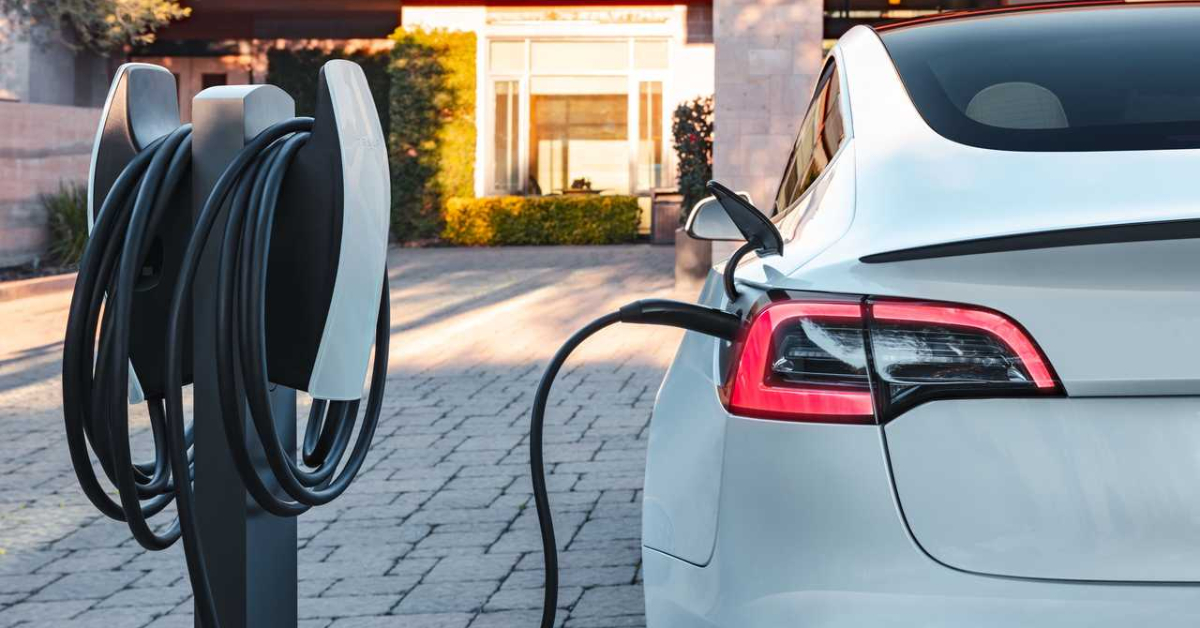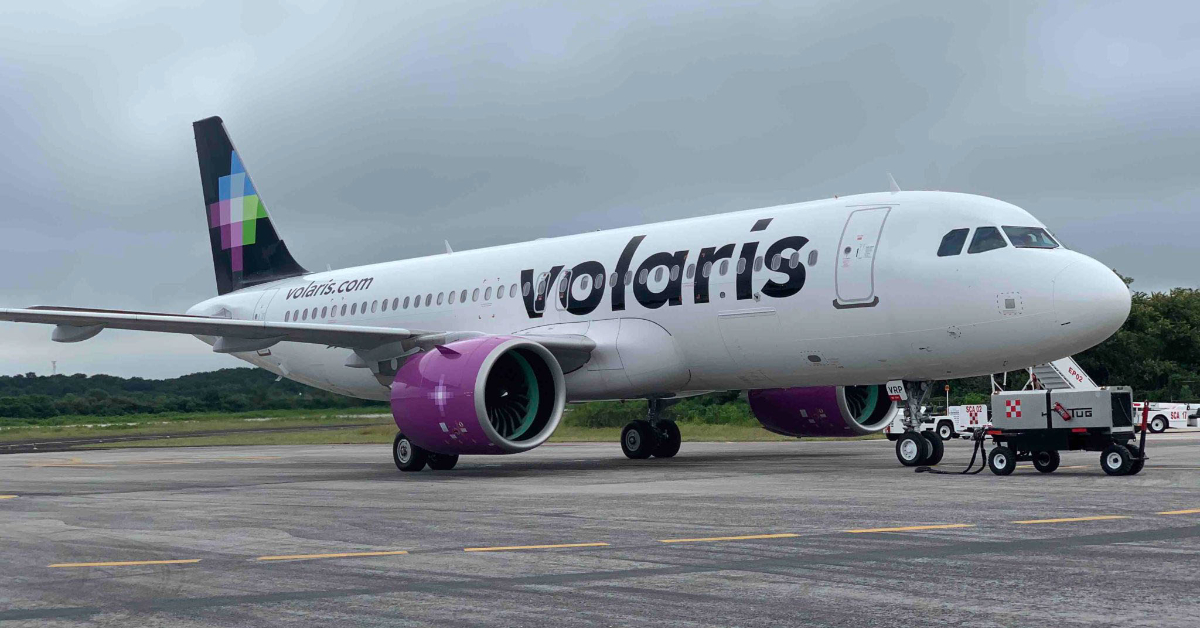The sale of new cars that run on gasoline will be banned in California by 2035, because a plan to combat climate change that involves accelerating the transition to electric vehicles is expected to go into effect this Thursday, August 25.
California will be the first U.S. state to require the sale of vehicles with zero emissions only, declared Margo Oge, an expert in electric vehicles who directed the transportation emissions program of the Environmental Protection Agency during the administrations of Bill Clinton, George W. Bush, and Barack Obama.
The transition will be gradual . . .






